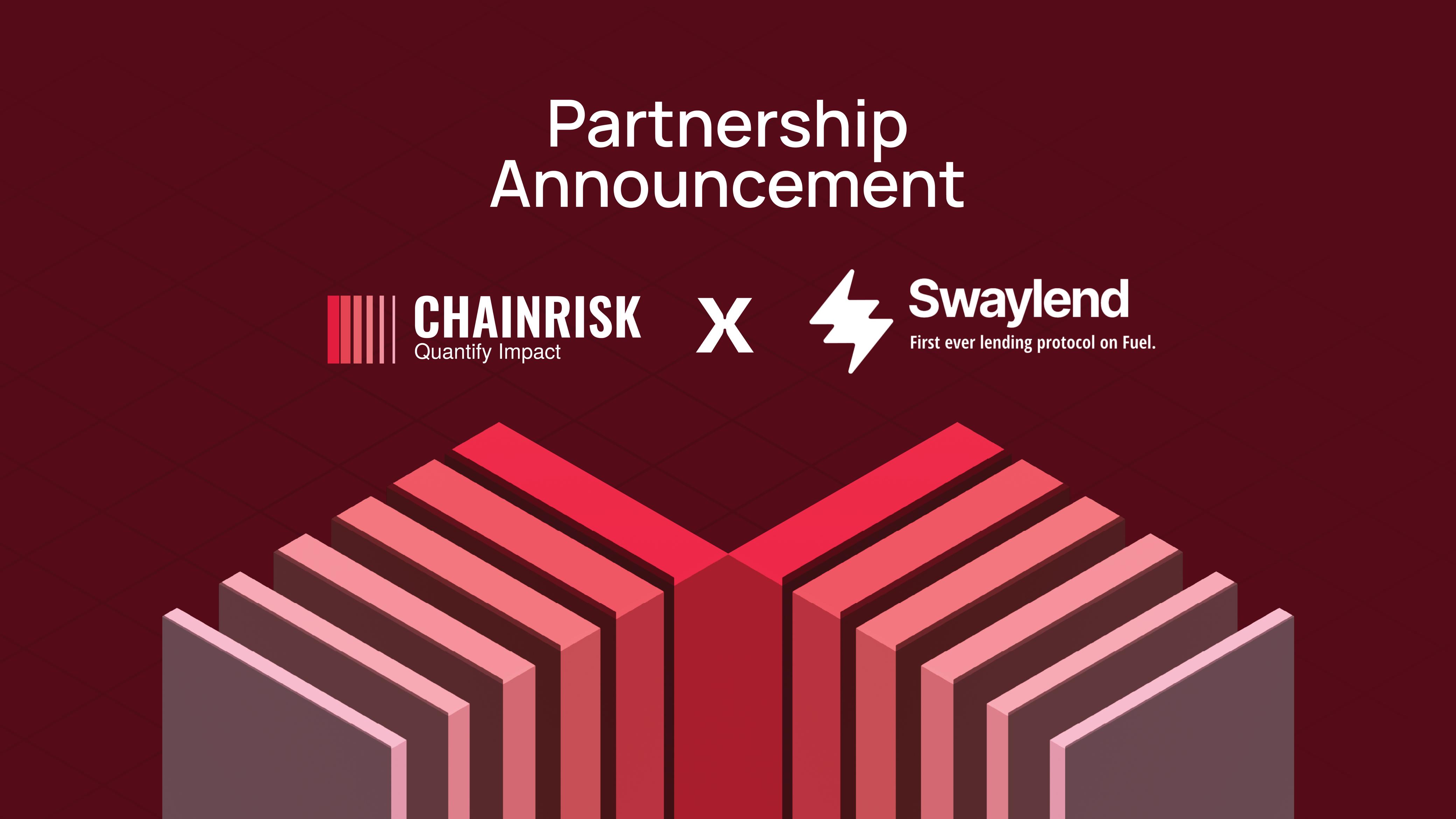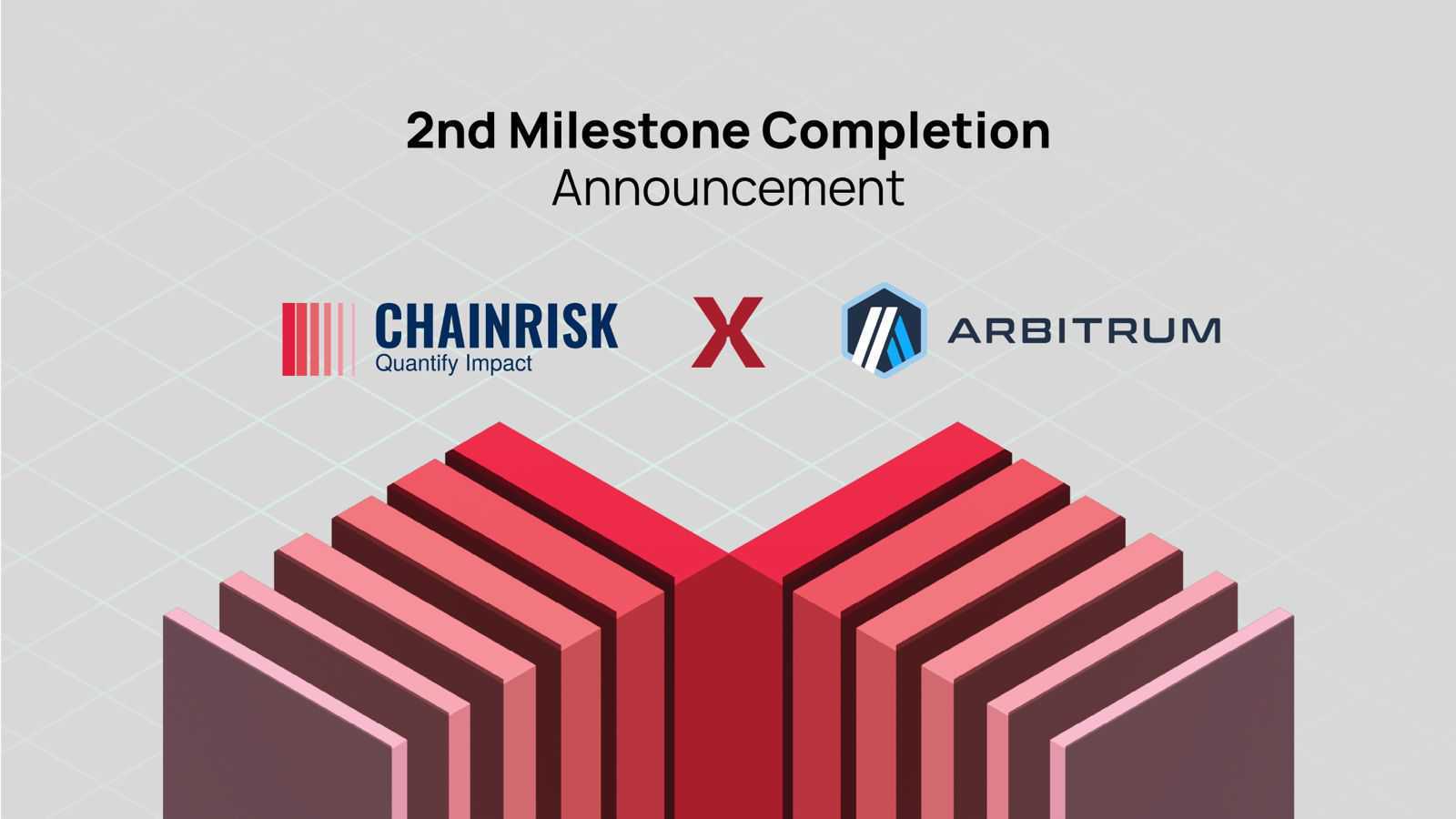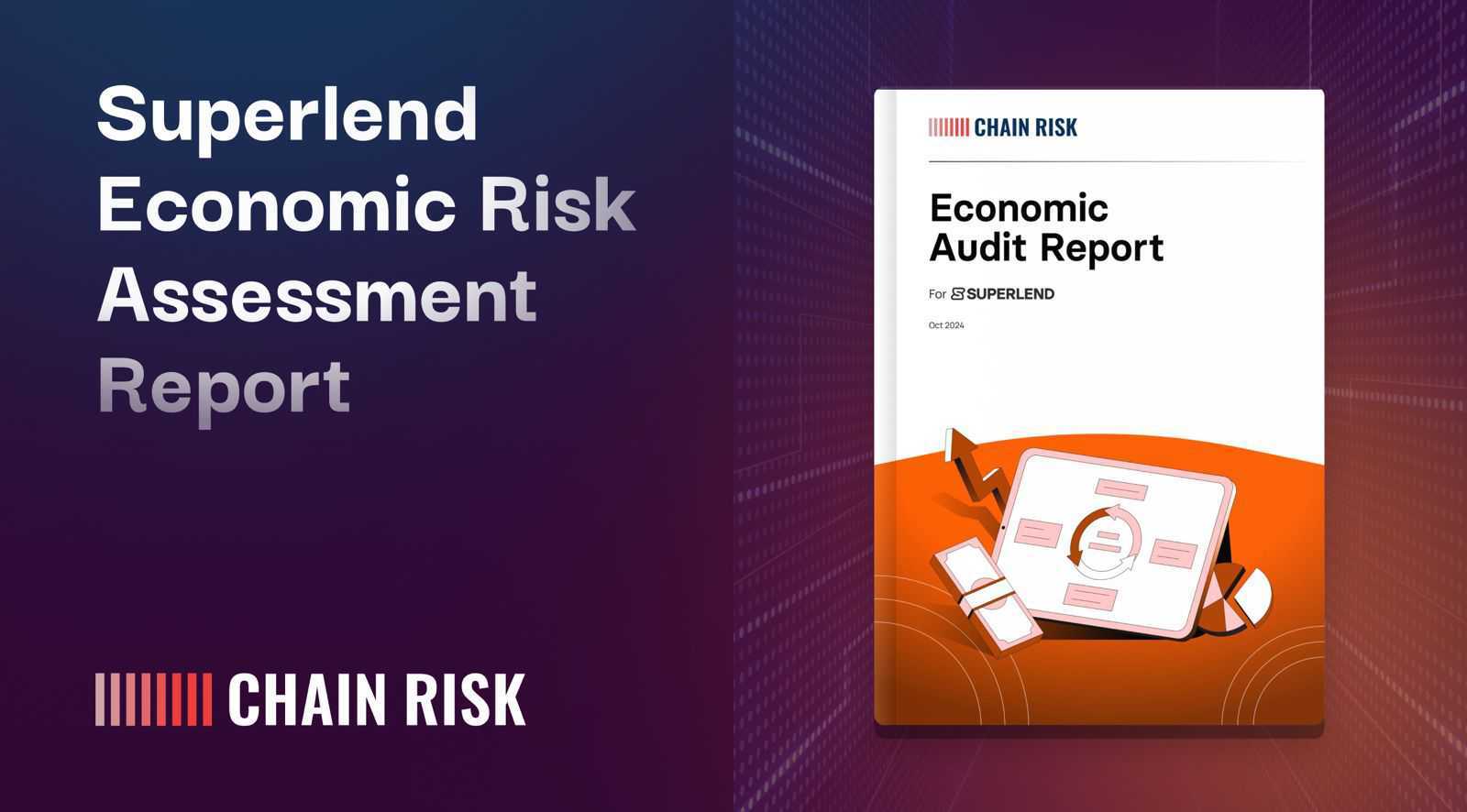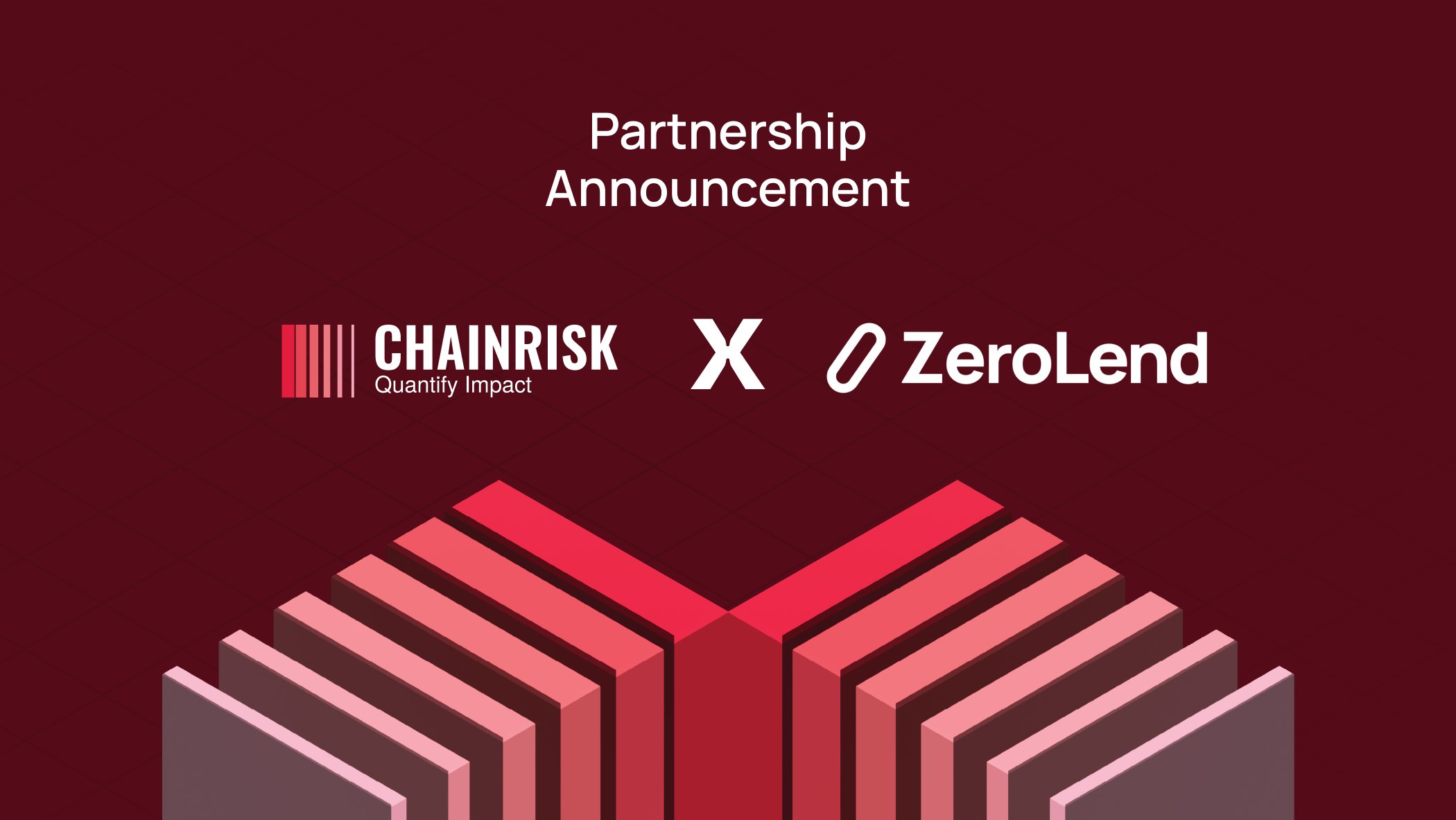
Chainrisk & Plend Finance Partnership Announcement

Chainrisk has announced a new partnership with Plend Finance, integrating Plend into Chainrisk's economic risk management platform. Chainrisk focuses on providing comprehensive economic security solutions for DeFi projects. It encompasses various tools & technologies designed to manage & mitigate economic risks within decentralized systems. By onboarding Plend Finance, Chainrisk aims to extend its risk management capabilities & support a broader range of DeFi protocols.
Objectives & Scope of the Collaboration
The core focus of this partnership is to rigorously test Plend's lending & borrowing markets using Chainrisk. Chainrisk is designed to stress test various DeFi protocols under different market conditions. This includes testing the mechanisms of the protocol, such as how it handles high volatility, changes in gas fees, & other market dynamics. The stress tests will involve creating adverse market scenarios to observe how Plend's protocols respond.
This process aims to identify potential vulnerabilities & ensure that the lending & borrowing markets can withstand various economic pressures. By conducting these tests, Chainrisk & Plend Finance seek to enhance the security, stability, & performance of Plend's financial systems, ultimately providing a safer & more reliable experience for users.
Stress Testing & Simulations
Chainrisk has proposed a set of risk management tools to enhance the risk coverage & transparency of Plend Finance's operations. These tools are designed to provide comprehensive monitoring & control over various aspects of Plend's lending & borrowing markets on the Etherlink network.
Risk Parameters for All Plend Markets
Chainrisk will test how Plend's protocol handles periods of high volatility & fluctuating gas fees. By simulating extreme market conditions, Chainrisk aims to ensure that Plend's reserves & mechanisms are robust enough to withstand significant market disruptions without compromising stability.
- Supply Caps & Borrow Caps: These parameters set the maximum amount of assets that can be supplied or borrowed within the protocol, limiting exposure to any single asset & preventing market manipulation.
- Isolation Mode & Siloed Mode: These modes restrict certain assets to reduce contagion risk in case of a failure. Isolation Mode limits the impact of risky assets, while Siloed Mode completely isolates them from the rest of the protocol.
- eMode (Efficient Mode): This mode optimizes collateral efficiency, allowing users to borrow more against their collateral in a more controlled environment.
- Loan to Value (LTV): This ratio determines how much users can borrow against their collateral. A lower LTV reduces risk but also limits borrowing capacity.
- Liquidation Threshold & Liquidation Penalty: These parameters define when an asset is liquidated & the penalty for falling below the required collateral level. They are crucial for maintaining protocol solvency.
- Liquidation Factor & Health Factor: These metrics assess the risk of a user's position being liquidated & the overall health of their account, ensuring they maintain sufficient collateral.
- Reserve Factor: This parameter allocates a portion of the interest paid by borrowers to a reserve, which acts as a safety net for the protocol.
An end-to-end economic audit report will be conducted to provide a thorough analysis of Plend's financial systems. This report will include detailed evaluations of the protocol's risk management strategies, performance metrics, & areas for improvement. The audit aims to enhance transparency & provide stakeholders with a clear understanding of the protocol's economic security.
Conclusion
Chainrisk's proposed risk tooling aims to provide comprehensive risk management solutions for Plend Finance. This includes comprehensive coverage of all base & collateral assets supported by Plend. This ensures that every asset is monitored & managed to maintain overall protocol health & mitigate risk effectively. By implementing these tools, Chainrisk & Plend Finance seek to ensure the security, stability, & transparency of Plend's lending & borrowing markets, ultimately fostering greater trust & confidence among users.
About Plend Finance
Plend Finance is a decentralized, non-custodial liquidity market protocol designed to optimize lending & borrowing by aggregating data from over 25 top lending protocols, allowing for seamless cross-chain management. Built on Aave v3's secure codebase, Plend supports assets like tzBTC, XTZ, & LayerZero bridge assets on Etherlink. Recently, Plend launched its money markets on the Etherlink testnet to test & refine its features before a full mainnet deployment.
About Chainrisk
Chainrisk is a comprehensive risk management platform focused on the DeFi sector. It aims to identify & mitigate economic risks associated with DeFi protocols. Chainrisk provides a suite of tools & services designed to stress test DeFi protocols under various market conditions, using agent-based & scenario-based simulations. This helps uncover potential economic exploits & vulnerabilities within these systems before they can be exploited maliciously.















.svg)

.svg)
.svg)
